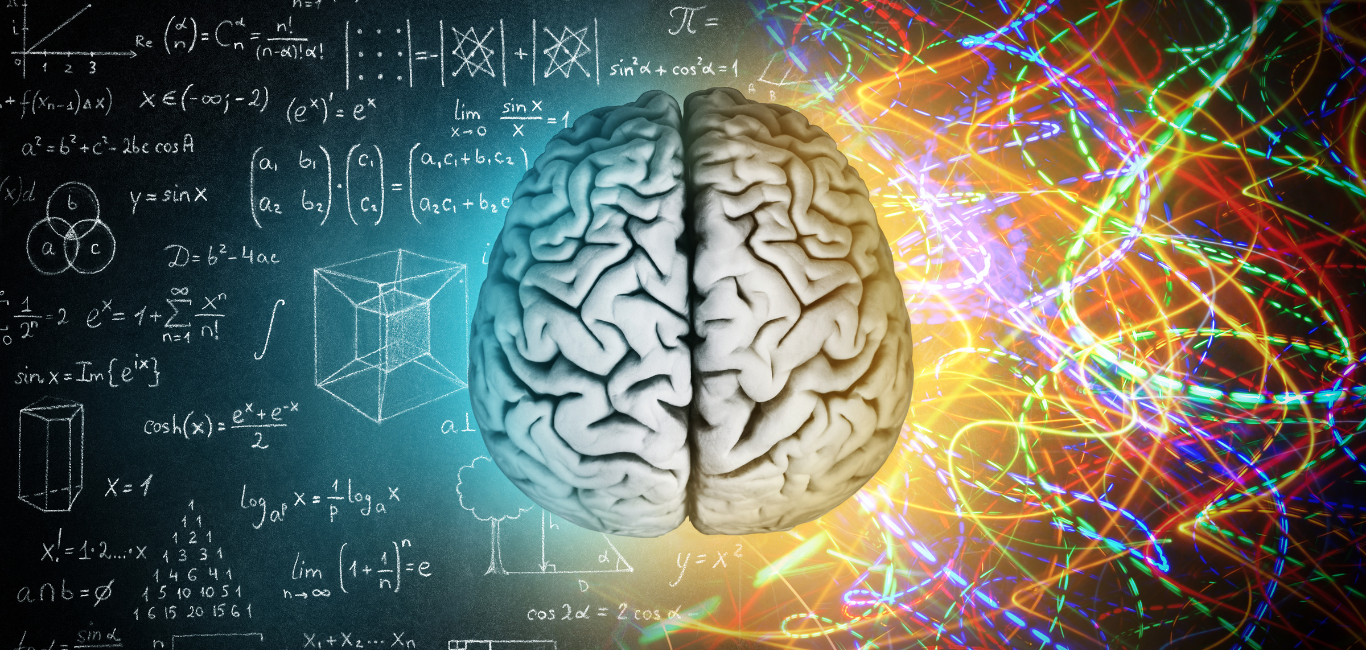
Evaluating psychiatric disorders is a challenging task due to the overlap of symptoms. The p-factor or the psychopathological factor is one assessment often used to find a consistent pattern of behavioural characteristics in mental health disorders. However, this factor does not give sufficient information about the structural and functional changes in the brain.
In a new study published in Nature Medicine, a multinational team used an AI model to determine a factor, the neuropsychopathological (NP) factor that considers the neurological and genetic aspects of mental health disorders. The NP factor incorporates the brain activity associated with psychiatric symptoms.
“The proposed general NP factor contributes to many distinct behavioural symptoms and their underlying cognitive processing brain elements,” says Tianye Jia, research professor of population psychiatry and human behaviour at Fudan University, China and an author of the study.
Building up
The research team collected and analysed data for their earlier IMAGEN study. It had information about brain scans, behavioural and genetic data of 1300 adolescents who were monitored from 14 to 19 years of age. In addition, they took functional MRI (fMRI) scans to gauge the brain’s activity during given tasks.
The adolescents were screened for eight mental health disorders – four externalising and four internalising . Externalising disorders are based on interactions with others, such as autism spectrum disorder, attention deficit hyperactivity disorder (ADHD), conduct disorder and oppositional defiant disorder. Whereas in internalising disorders such as depression, anxiety disorder, eating disorders and specific phobias, the effects are directed inwards.
From these fMRI scans, the researchers assessed which brain regions were involved in both disorders. They used a machine learning model to capture the brain patterns involved in both types of conditions.
From these patterns, they derived an empirical factor – the NP factor which could help predict if the person was at high risk for both sets of disorders. “In practice, a high NP factor means an increased risk for various mental disorders,” Dr Jia says.
The researchers found that participants with high NP factors showed higher connectivity in the prefrontal cortex, an area involved in planning and decision-making. Previous studies have shown that increased connectivity in this area often occurs in ADHD.
The gene factor
The NP factor also incorporates genetic components of mental health disorders. For example, the genetic data showed that certain gene mutations reduce synaptic pruning (cutting down of synapses) in the prefrontal cortex. Lesser synaptic pruning means more connectivity between neurons. Studies have shown that this higher connectivity between brain regions is seen in autism. “This genetically determined factor might represent a disrupted development of prefrontal brain neural circuits, leading to poor executive function,” Dr Jia says.
Dr Jia adds that finding such genetic and neuroimaging connections could help further research in the field and develop novel treatments. In addition, the researchers plan to scale up their work by investigating how other brain regions, like the amygdala, are involved in multiple mental health conditions.

















